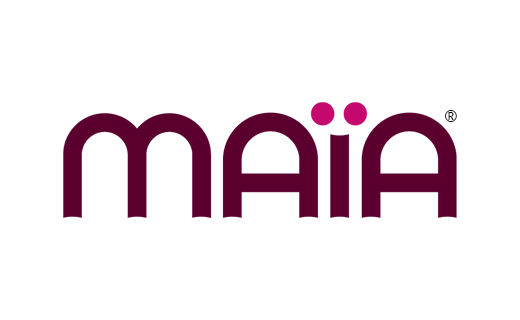

Maïa Africa

Kadiogo Province, Burkina Faso
June 2020
Personal care products
Wholesale/Retail
Burkina Faso
Malaria kills a child every two minutes in Africa. After years of consecutive decline, the number of malaria cases is rising again since 2015. The distribution of a billion mosquito nets in Africa since 2011 has changed the situation. Malaria mosquitoes now resist insecticides and avoid bednets by biting people earlier in the evening and outdoor. Every day, in Burkina Faso like in many sub-Saharan countries, 80% of mothers apply an ointment (balm) on the skin of their children. They do this after the evening shower, when mosquitoes start transmitting malaria. With African research centers and local mothers, we started from this daily habit to develop MAÏA, the first long-lasting mosquito-repellent ointment. Moisturizing, pleasant to apply with its fruity fragrance, MAÏA can be used every day. The ointment completely protects family members from mosquitoes more than 8 hours after use, whenever they are the most vulnerable to malaria.
Overall B Impact Score
Governance 6.7
Governance evaluates a company's overall mission, engagement around its social/environmental impact, ethics, and transparency. This section also evaluates the ability of a company to protect their mission and formally consider stakeholders in decision making through their corporate structure (e.g. benefit corporation) or corporate governing documents.
What is this? A company with an Impact Business Model is intentionally designed to create a specific positive outcome for one of its stakeholders - such as workers, community, environment, or customers.
Workers 6.4
Workers evaluates a company’s contributions to its employees’ financial security, health & safety, wellness, career development, and engagement & satisfaction. In addition, this section recognizes business models designed to benefit workers, such as companies that are at least 40% owned by non-executive employees and those that have workforce development programs to support individuals with barriers to employment.
Community 17.2
Community evaluates a company’s engagement with and impact on the communities in which it operates, hires from, and sources from. Topics include diversity, equity & inclusion, economic impact, civic engagement, charitable giving, and supply chain management. In addition, this section recognizes business models that are designed to address specific community-oriented problems, such as poverty alleviation through fair trade sourcing or distribution via microenterprises, producer cooperative models, locally focused economic development, and formal charitable giving commitments.
Environment 12.9
Environment evaluates a company’s overall environmental management practices as well as its impact on the air, climate, water, land, and biodiversity. This includes the direct impact of a company’s operations and, when applicable its supply chain and distribution channels. This section also recognizes companies with environmentally innovative production processes and those that sell products or services that have a positive environmental impact. Some examples might include products and services that create renewable energy, reduce consumption or waste, conserve land or wildlife, provide less toxic alternatives to the market, or educate people about environmental problems.
Customers 56.6
Customers evaluates a company’s stewardship of its customers through the quality of its products and services, ethical marketing, data privacy and security, and feedback channels. In addition, this section recognizes products or services that are designed to address a particular social problem for or through its customers, such as health or educational products, arts & media products, serving underserved customers/clients, and services that improve the social impact of other businesses or organizations.
What is this? A company with an Impact Business Model is intentionally designed to create a specific positive outcome for one of its stakeholders - such as workers, community, environment, or customers.